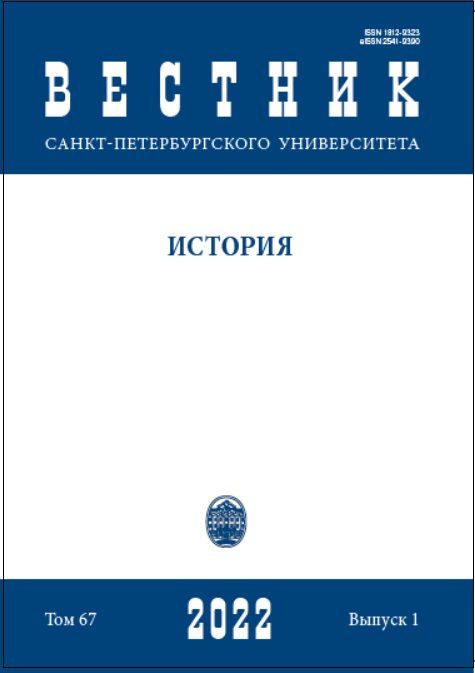Political institutions and their role in the foreign policy of Denmark
DOI:
https://doi.org/10.21638/11701/spbu02.2022.112Abstract
This article focuses on the historical development of political institutions in Denmark after the Second World War and their influence on foreign policy decision-making. This is in line with an emergent trend in the second half of the 20th century reflected in the increasing power of Folketing (the Danish Parliament), driven by a growing number of special parliamentary commissions responsible for particular aspects of foreign policy. It follows from the study that the political system of Denmark has been characterized by continuity, stability and predictability in after the Second World War. The example of Danish foreign policy demonstrates that socio-political stability and a high level of economic development combined with an active multilateral diplomacy is one of the most efficient soft power instruments to enhance the international image of a country. The article distinguishes institutional prerequisites for this development based on the analysis of the political actors and their involvement in the formation of the foreign policy. The unique decision-making system has allowed Denmark to achieve a remarkable success in defending and promoting its national interests, manoeuvring skilfully between great powers and ensuring the continuity of its foreign policy regardless of the coalition in power. In spite of its relevance, there is still a gap in the studies of small state foreign policy in post-Soviet historiography. The empirical base of the study constitutes publications in Nordic languages as well as Polish Russian, collected and studied by the author at the Danish National Library, Russian National library in Saint-Petersburg, Polish National Library, Icelandic National Library and as well as online resources.
Keywords:
Denmark, small states, political institutions, foreign policy
Downloads
References
Downloads
Published
How to Cite
Issue
Section
License
Articles of "Vestnik of Saint Petersburg University. History" are open access distributed under the terms of the License Agreement with Saint Petersburg State University, which permits to the authors unrestricted distribution and self-archiving free of charge.





